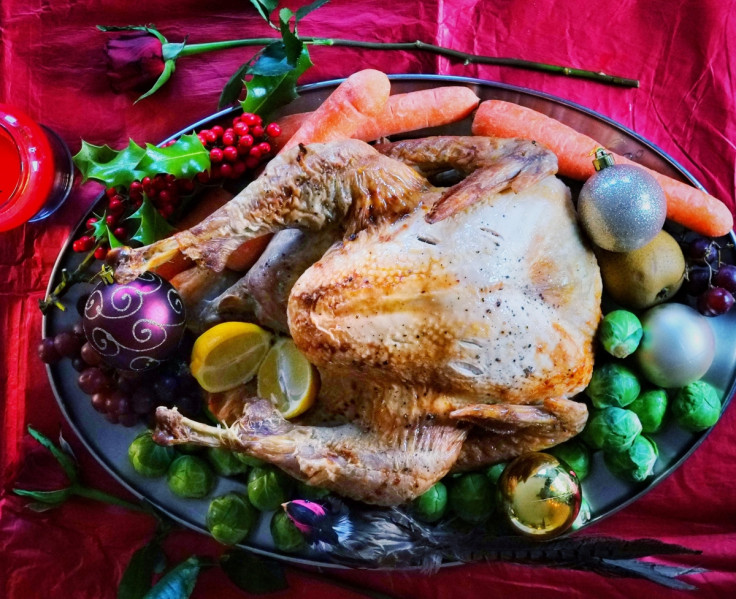Brexit could see 'dirty turkey' end up on your Christmas dinner table
American poultry is washed in four chemical disinfectants that do not meet EU safety standards.

We may all be tucking into "dirty" chlorinated turkey at Christmas if the UK agrees a post-Brexit trade deal with the US, according to new research by food policy experts.
They compared UK and EU food standards with those in the US, finding that American poultry is washed in up to four chemical disinfectants that do not meet EU safety standards. They also said these chemicals – which pose a risk to consumers as well as workers in the industry - are used to wash American fruit, vegetables and fish.
They argue that it would be safer to keep EU standards following Brexit and that future controls should be "stricter, not weaker".
"The UK should continue to insist on improving hygiene standards in poultry farms, slaughter houses and meat-cutting plants and not allow standards to decline, nor try relying on chemical disinfectants to reduce the harm that filthy meat can cause," said Erik Millstone from the University of Sussex. "UK consumers would be safer to keep EU standards, and not to accept US disinfectant-washed-but-still-dirty poultry."
The issue of chlorine-washed meat received significant news coverage in November when US Commerce Secretary Wilbur Ross warned that the UK would have to abandon EU standards if it wanted to secure a trade deal with the US post-Brexit.
The new research also found far too few studies have been conducted into disinfectant-washed poultry and that much of the available data is incomplete They also note that some studies have shown these chemicals do pose a significant risk to health because they can form toxic compounds when they interact with poultry flesh.
In the US this Christmas, chickens and turkeys destined to be eaten during festive meals are legally allowed to be washed in what the American food industry calls 'pathogen reduction treatments' – PRTs – which are currently illegal in the UK.
Their use is widespread in the US, according to the authors, because when animal carcasses reach American abattoirs and processing plants, they are far more contaminated with infectious-filth – including excrement – than in the UK, where hygiene standards are much higher.
In fact, the study quotes statistics which show that 97% of chicken breast meat in the US contains pathogens such as E. coli and Salmonella.
The authors warn that if PRTs are approved for use in the UK, they may also be used to wash fish, fruit and vegetables.
The experts recommend that the UK commits to maintain hygiene standards while calling on public health, environmental, animal welfare and consumer organisations to oppose the sale of food products washed with chemical disinfectants.





















